Forest School Camps is looking to develop its programme of camps over the coming years. To do this we particularly need sites of between 10 – 12 acres of land available for our two-week summer camps.
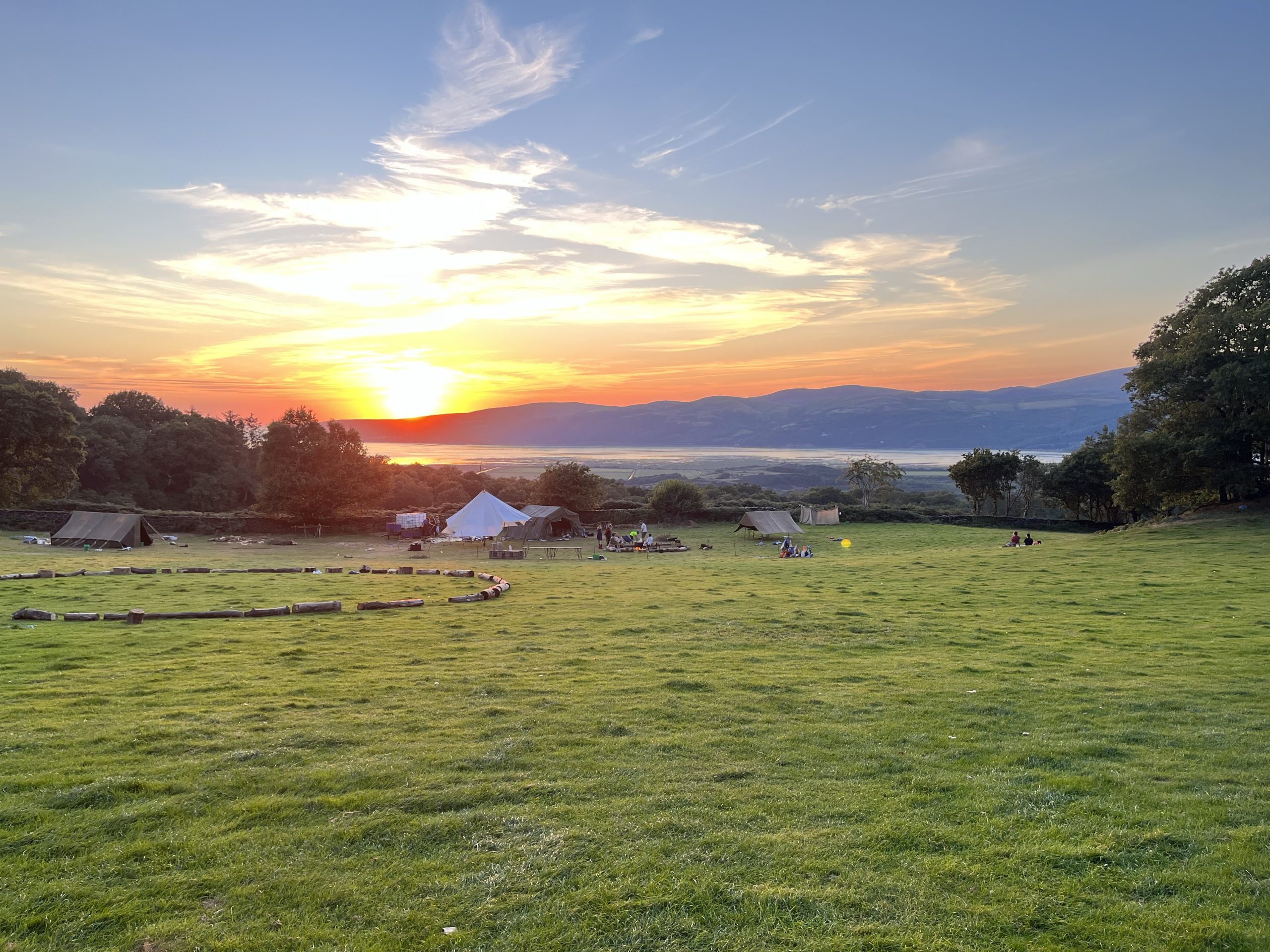
Our summer camps take place over the school holidays and represent the core of our organisation’s activity. The camps are between 10 – 13 days long for the children, with an additional two or three days added on for preparation and final clear up. Numbers range between 50 – 100 people . Typically equipment is distributed from our stores base near Ely to sites by mid July and stored either in farm buildings or in fields under tarpaulins. The equipment is then collected in September.
For logistical reasons we like to be able to run two camps each summer on the same site, the later ones are ten days. Shorter smaller camps are also run through the year. We currently run annual camps in many different areas (North Yorkshire, Mid Wales, Sussex etc) though our preference is very much to have new sites in less populated areas.
What happens on our camps?
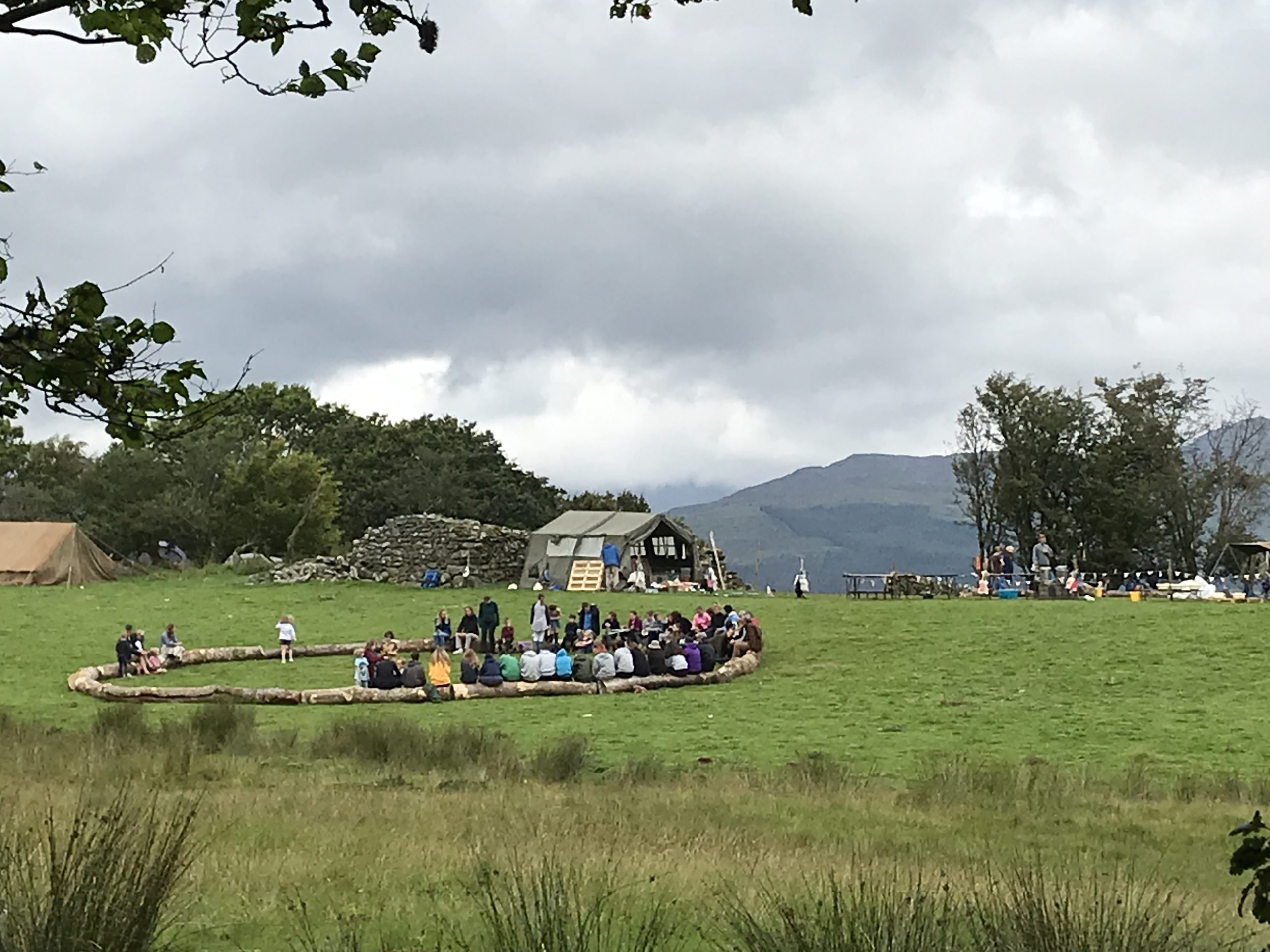
The camps revolve around living in a community in the open air, being and learning in nature and having as little impact as possible on the environment in which we stay. This is typically done by cooking over open fires, participating in a range of woodcraft focused activities, going on hikes and generally experiencing living simply outside and away from digital technologies!
We aim to help children discover how to be independent and to take responsibility for themselves, others and where they live. Camping together enables them to do this with concern and develop resourcefulness, self-confidence, tolerance and respect.
The young campers come from a variety of backgrounds and include some with special needs. They are normally between 6 and 17 years old and camp in age groups with their staff. Our summer camps have between 50 – 100 people, with a child to staff ratio of about 1:3. They are 13 days long or, if there are two camps on the same site, the later ones are ten days.
What do we want?
We need sites that enable children to discover how to be independent and to take responsibility for themselves, others and where they live. This generally means 10 -12 acres, free of livestock and the more remote the better!
The principal needs for a full size summer camp are as follows:
- Adequate space, free of livestock, with a variety of landforms or boundaries e.g. hillocks, knolls, dells, walls, stream etc that enables demarcation of community areas (cooking, dining, campfire etc) and different age groups’ tented zones to provide a stimulating environment for games and activities.
- For safeguarding issues the more remote this space is the better though obviously access and parking for a handful of staff vehicles and campers’ arrival by coach is necessary.
- Living outside for one or two weeks in the UK inevitably means we will require some sort of area providing shelter from sun and storms (e.g. trees or stone walls)
- We do all our cooking on open fires so need permission to turf fireplaces for these and group campfires too. All turfs are replaced at the end of camp.
- We deal with food waste by digging waste pits and human waste by digging latrines that are screened off by hessian sheets. Depending on the local authority services, each camp will have its own system management of non organic waste.
- Campfires and woodcraft play an important role in our camps so access to some wood for these on the site is very desirable. We regularly supplement this with wood from a local supplier.
- We need a drinkable water supply ideally from a tap onto which we can join hundreds of metres of our own hose and feed into our water butts. Sometimes camps rely on water from bowsers that are delivered.
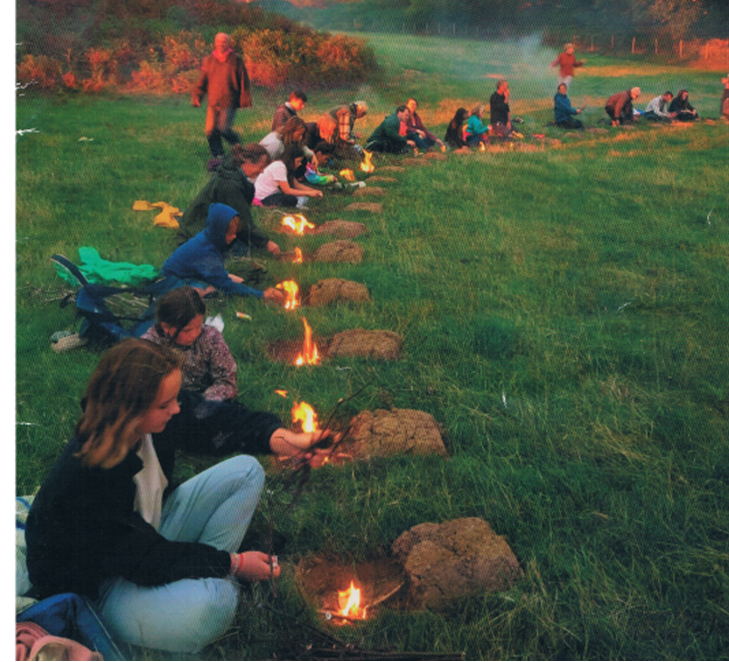
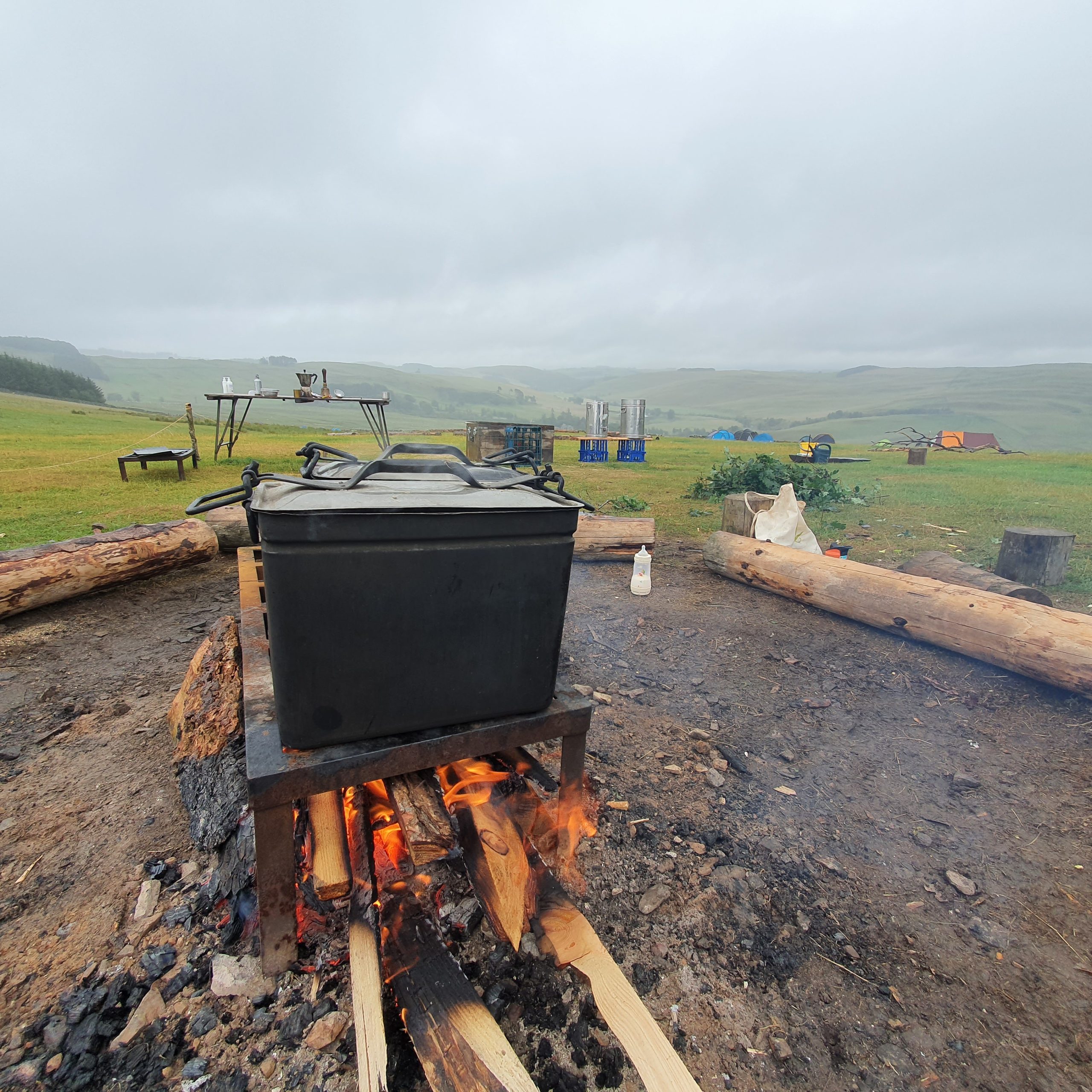
In addition:
- Our policy is always for our camp caterer to shop locally where possible, so flexible independent shops that inevitably can do well out of having a camp nearby are great.
- A feature of our camps is for different age groups to go off “on hike” for two or three nights, so knowing that there are other landowners around who would permit groups of around 20 staying on their land for a night or two is always good.
- Arguably the most important thing is a friendly farmer or landowner who is aware of potential boundary and public rights of way issues and who, for the duration of the camp, is able to provide logistical support when necessary (eg delivery of milk, dealing with livestock, water supply issues etc)
To support all of this activity Forest School Camps:
- Can pay £700 for a two week camp
- Has Public and Products Liability insurance cover with an indemnity limit of £10 million with Ascot Syndicate 1414. This provides cover if a landowner or member of the public claims their property has been damaged or they have been injured, because of FSC’s activities. Supporting this is a risk assessment carried out before each camp.
- In keeping with our origins and traditions, on our departure, we will leave a site in as near as possible the condition it was in when we arrived.
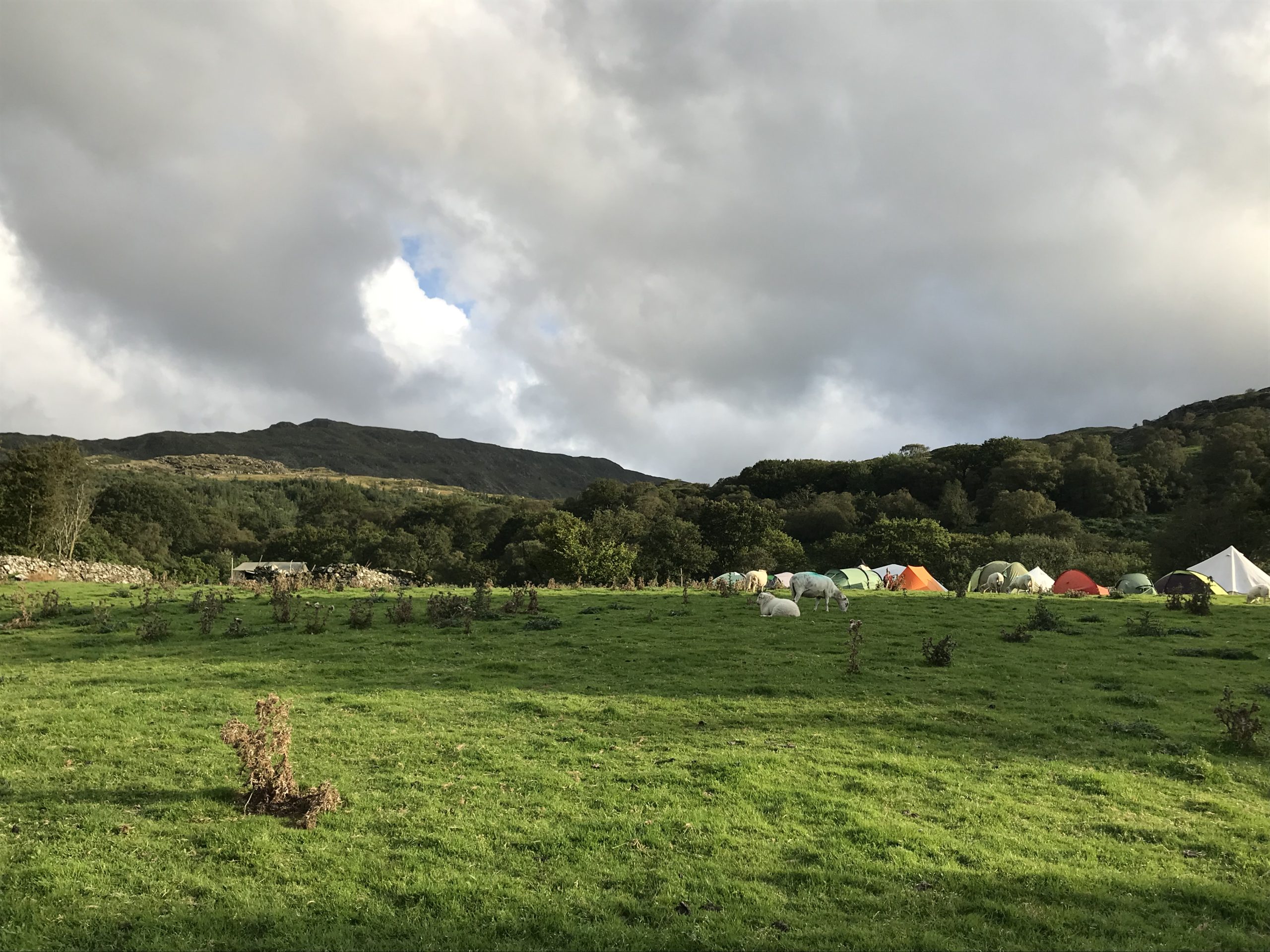
Are you interested?
If you would like to explore supporting our activities by making your land available, please complete the webform here and one of our volunteers will get back to you soon.
Leaflet download
The above information is also presented on a leaflet available here